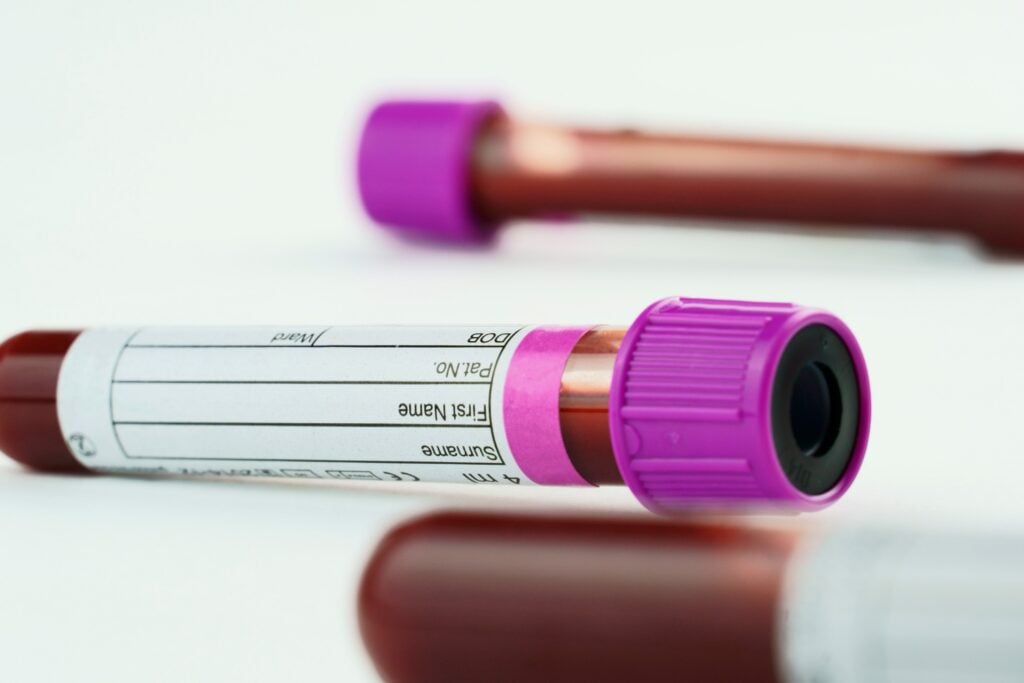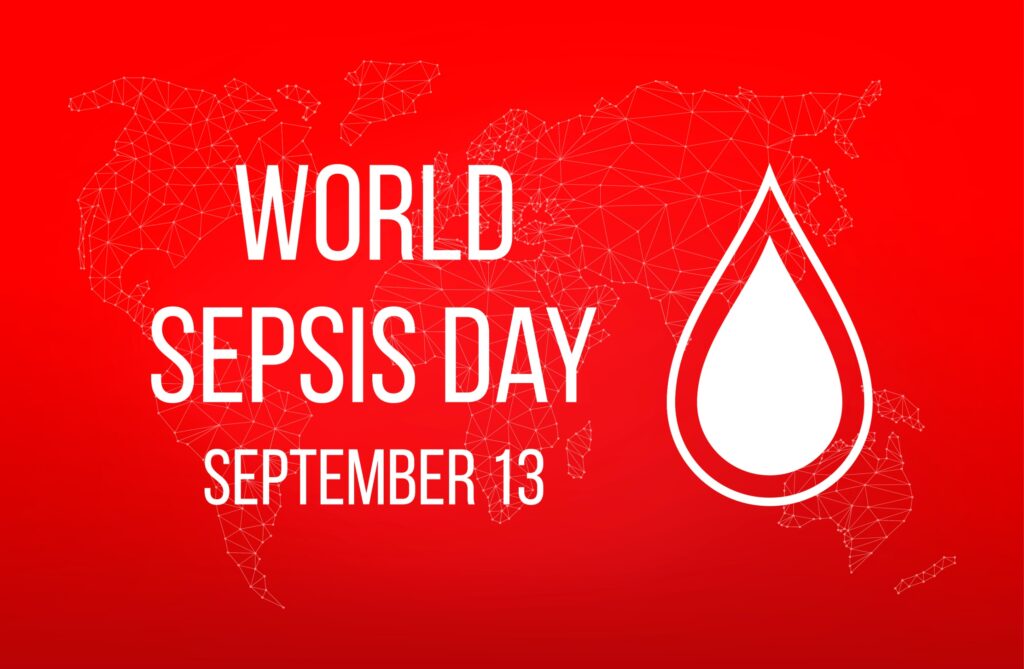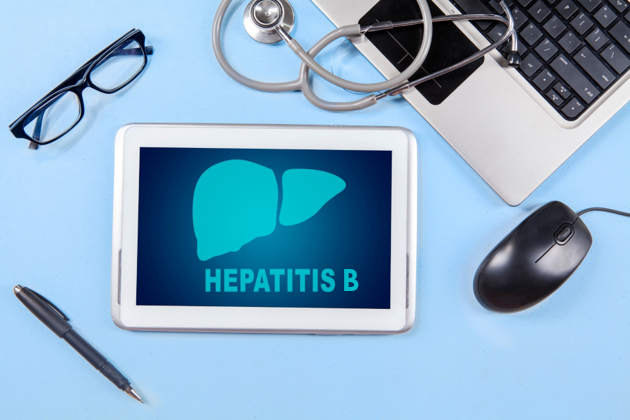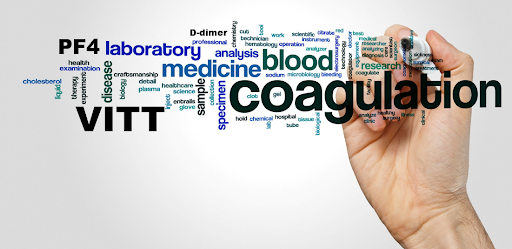Evaluating the role of biomarkers in Alzheimer’s Disease
With more ongoing research into biomarkers, these diagnostics tests can give clinicians better clarity on how to define Alzheimer’s Disease, as well as other disease profiles on the cognitive decline continuum. In this educational sharing session hosted by Roche and Eisai, two specialists in neurodegenerative disorders in Singapore – Associate Professors Nagaendran Kandiah and Ng […]
Evaluating the role of biomarkers in Alzheimer’s Disease Read More »











